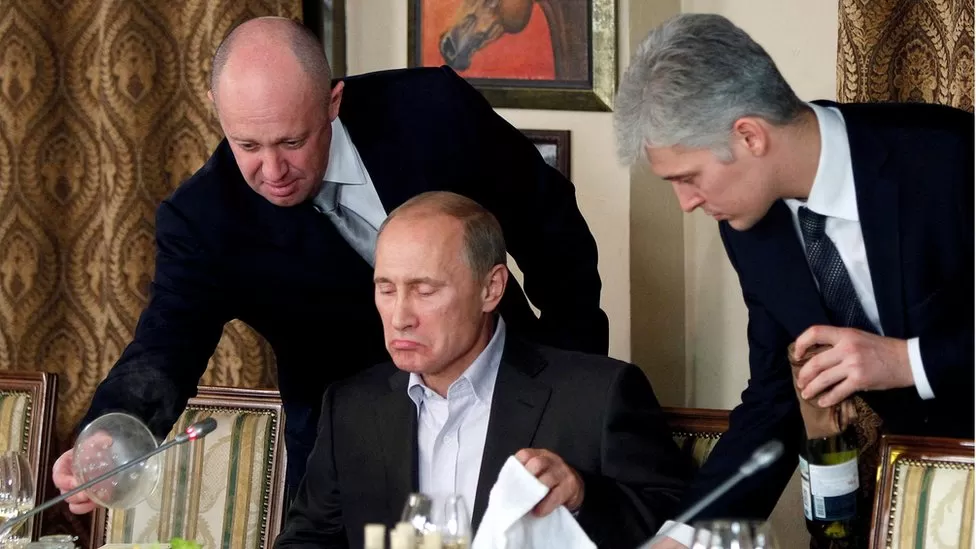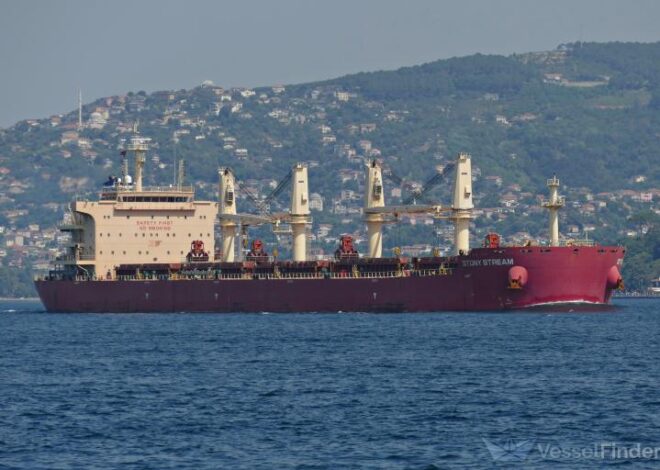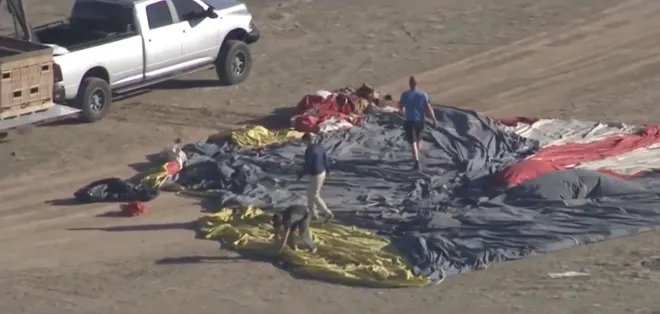
Whats Next for Wagner After Yevgeny Prigozhin Death
Russian President Putin has broken the silence and sent condolences to the family of the late Wagner leader Progozin confirming the story hes among the dead after the plane clash.
For much of the past year, Wagner was Russia’s most effective fighting force in Ukraine, with its troops successfully taking the eastern cities of Soledar and Bakhmut after bloody battles.
Emily Ferris of Rusi observed that,”Wagner troops have been out of action in Ukraine since the rebellion, and their troops stationed either in Belarus or absorbed back into the Ministry of Defence, so the impact immediately on the Ukraine war, where the Russian forces are still holding back the Ukrainian counter-offensive, is likely to be minimal for now
She added that it appeared unlikely that Wagner troops would return to the battlefield in Ukraine, at least in the short term.
About 8,000 Wagner troops are said to be stationed at camps in Belarus, having followed Prigozhin there after his failed uprising in June.
Meanwhile, satellite images analyzed by BBC Verify show that several of the tents at Wagner’s main camp in Osipovichi, south-east of the Belarusian capital, Minsk, are being dismantled. Some have been completely or partially taken down.
The photos were taken by the US-based Planet Labs company. It is not clear exactly when the work began and whether occupants of the tents are housed elsewhere in Belarus or have left the country.
The US-funded Radio Free Europe/Radio Liberty media group reported on Thursday that 101 of 273 tents in the camp had already been taken down.
Belarus – a key Russian ally in the invasion of Ukraine – has so far made no public comments on the issue.
Still, the future of Wagner fighters is unclear, with some reports on social media suggesting that several troops had made explicit threats against Putin for what they alleged was his role in Prigozhin’s death.
Can Wagner troops in Africa and Syria keep fighting?
Equally unclear is the future of Wagner’s troops abroad. The group has become a key pillar of Russian foreign policy, with its forces helping to prop up governments in Syria, Mali, the Central African Republic, and Libya in exchange for lucrative mining rights.
In recent days Prigozhin is believed to have been present in West Africa, where Western analysts fear the group was seeking to widen its reach into other countries, including Niger where a coup has just taken place.
Some had speculated that the decapitation of the group’s leadership could force Russia to re-evaluate its attempts to seek influence in the region, but many experts believe the group’s decentralized command on the continent should allow it to continue its operations unhindered by Prigozhin’s death.
Following June’s mutiny, Russian officials were reported to have flown to Libya to meet Khalifa Haftar, the renegade general challenging the UN-recognised government in Tripoli, and assured him of the Wagner Group’s continued support, regardless of Prigozhin’s fate.
Mr Trad told the BBC that he believed Wagner was so heavily integrated into the defense infrastructure of African countries that their operations would be untroubled by Prigozhin’s death.
“The commanders stationed in Syria, or Central African Republic or Mali, they already have very good models in place there and they have the freedom to act,” he said.
“Local commanders are not impacted because the operations are separately operational, they have different resources for this and even now they are recruiting for Syria and Africa operations.”
And he said the group’s arms-length relationship with Russian intelligence would remain a valuable tool for Moscow, allowing it to operate in the “grey zone” where it could pursue Russia’s interests, but allowing officials to deny involvement.
Mr Bringer told the BBC that Wagner was “essential in Africa” in terms of promoting Russian interests. “The structure will certainly continue to exist there, perhaps no longer under the name of Wagner, but with a new head loyal to the Kremlin,” he said.
Anton Mardasov, a non-resident scholar at the Middle East Institute’s Syria Program, said even in the wake of Prigozhin’s failed uprising in Russia, Wagner commanders abroad largely escaped Kremlin reprisals to avoid “weakening Moscow’s overall position”.
But he said other mercenary companies were increasingly rivaling Wagner’s role in Syria. After June’s mutiny Mr Mardasov said that a number of Wagner troops had been offered a transfer to a competing company called PMC Redut.
“Redut has been working in Syria in parallel with Wagner for a long time,” Mr Mardasov told the BBC. “It is on the Redut that the military is betting in Syria, but they were afraid of fast steps.”
Will Wagner fade quickly from memory?
In the medium-term, therefore, it seems unlikely that Wagner’s operations will be significantly impacted by its benefactor’s death. But in the longer term Wagner’s operations look set to reform into something new, Emily Ferris of Rusi said.
“Most likely is that Wagner will splinter into two, with the remaining leaderless groupings in Belarus disbanded, and the other faction active abroad morphing into something else that can be a tool of Russian foreign policy,” she told the BBC.
As for Prigozhin’s legacy, Mr Bringer told the BBC that Wagner had “demonstrated to the Kremlin how a private shadowy army, capable of operating totally out of the law, could be useful in its hybrid wars, as well as to gain influence abroad.”
“The name of Wagner may disappear, but not the mercenaries in the field and the method he created.”



